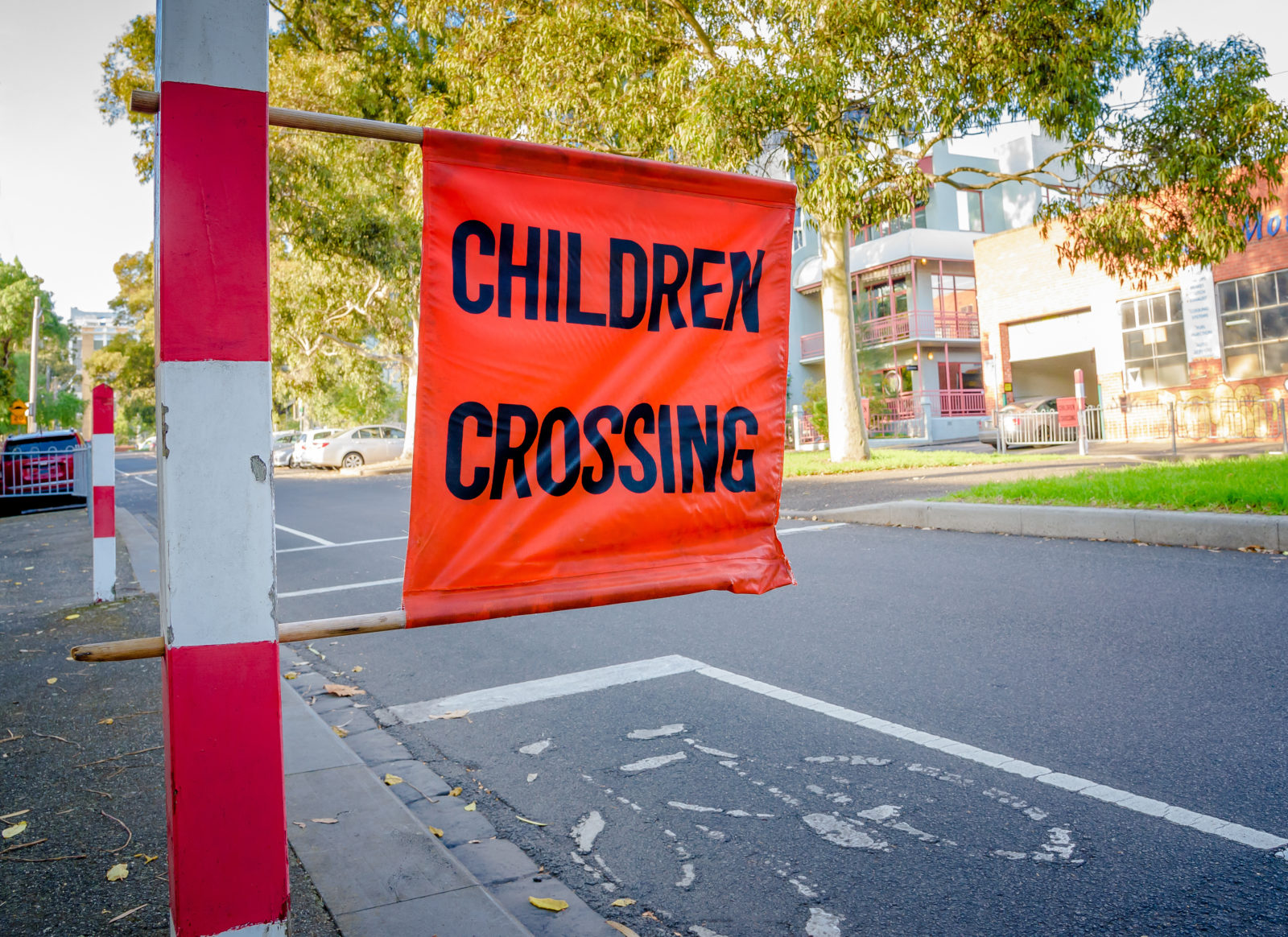On 23 August 2021, the Fair Work Commission determined to make some amendments to the Victorian Local Government Award 2015 (VLG Award).
The changes came off the back of an application by the Australian Services Union, which was keen to see the VLG Award updated in line with changes made to the Local Government Industry Award 2020 as a result of the Commission’s 4 year review of modern awards.
The ASU called for changes to add or replace clauses in relation to:
- A 2-hour minimum engagement period for casual employees;
- Requests for flexible working arrangements;
- Block release training and fees;
- Payment on termination of employment;
- Time off instead of payment for overtime;
- Annual leave in advance;
- Dispute resolution training leave.
When the Commission published a draft of its proposed amendments to the VLG Award, 77 Councils and Library Corporations made a submission which challenged the 2 hour minimum engagement period for casuals but did not oppose the other proposed amendments.
The City of Greater Geelong filed a separate submission which made the same points, essentially accepting all but one of the changes and also challenging the 2 hour minimum engagement of casuals.
All of the uncontested amendments put forward by the ASU were incorporated into the VLG Award and apply from 23 August 2021.
What is the effect of these changes?
All Councils and Library Corporations in Victoria have comprehensive Enterprise Agreements which govern the terms and conditions of employment of their staff (in conjunction with the National Employment Standards).
This means that the only practical impact of a modern award is its use as a reference instrument for assessing the Better Off Overall Test (BOOT) for the approval of new enterprise agreements.
For the most part the new amendments to the VLG Award are not controversial. They reflect entitlements which already exist in Councils’ enterprise agreements and workplace policies.
Opposition to the 2 hour minimum engagement of casuals
Local Councils provide a number of important community services that operate with both casual and permanent part-time employees working shifts of less than 2 hours in duration. These include school crossing supervisors, swim teachers, fitness instructors and home carers.
As pointed out in submissions made by the City of Greater Geelong, this ability of Councils to engage workers in these key positions for less than 2 hours recognises the types of services provided by the sector. It has existed in the local government industry for a long period and continues to enable local government to provide services to communities which may otherwise by cost prohibitive.
Next Steps
The Commission has indicated that the next step in this dispute is to set a timetable in order to collect additional legal submissions and evidence before it makes a separate decision on whether the VLG Award should require Councils to engage casual staff for at least two hours.
Richard Scougall, Special Counsel in our Employment Law Team recently discussed this matter with Chris Eddy and Steve Cooper on the Victorian Local Governance Association’s podcast “VLGA Connect”. That episode can be streamed here.



























